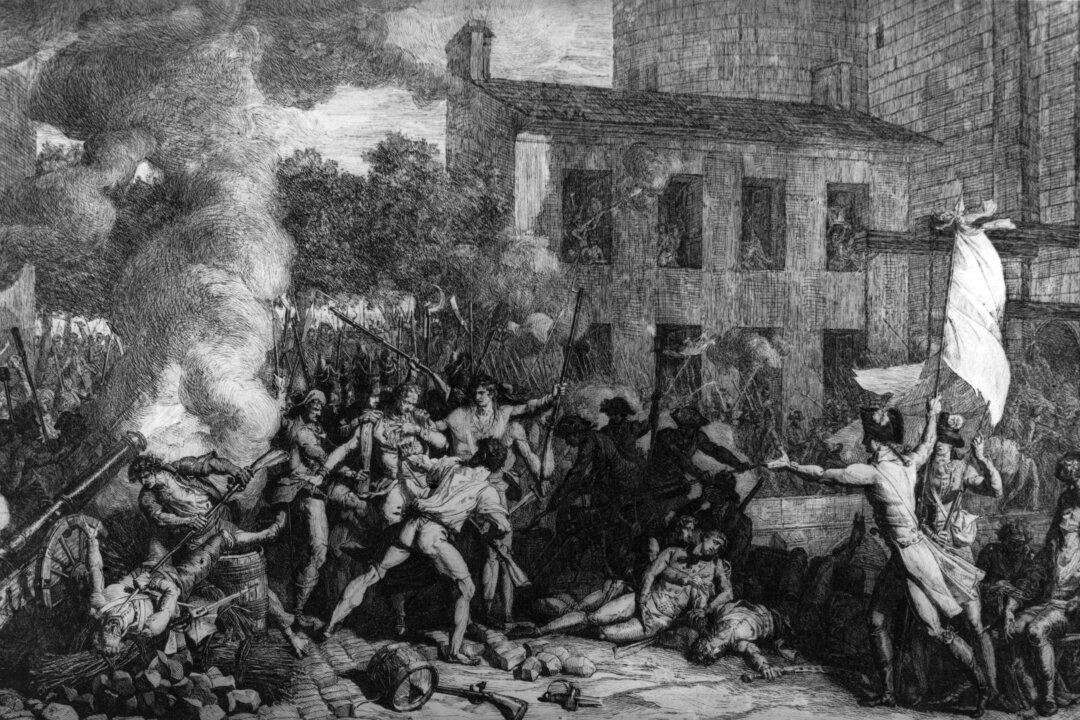Commentary
July 14 is National Day in France (Fête nationale française), the rough patriotic equivalent to America’s Fourth of July celebration. Commonly known in the English-speaking world as Bastille Day, it commemorates the storming and sacking of the Bastille prison tower, a symbol of the old world’s royalist power and corruption, in Paris in 1789. The nationalist holiday also serves as a moment to reflect on the history of revolutions, both in France and in America.





